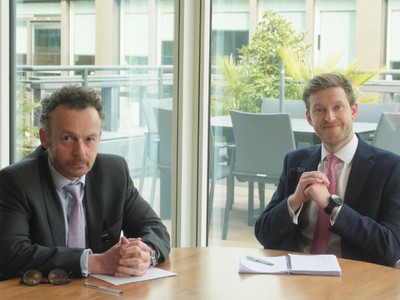What should we make of Rishi Sunak’s first post- pandemic budget? Not that Covid-19 has gone away. The decision of hospitals in my home county of Suffolk to suspend visiting as cases continue to rise served as a stark reminder that risks still remain. But the Chancellor has tried to treat this exercise as a return to as near normal as can be accomplished in the current circumstances. Given that the Office of Budget Responsibility handed him something of a blank cheque in terms of its rosier view of the debt and growth position, it is surprising that he didn’t go further in his reforms.
The cynic would say he is keeping his powder dry for the next election. Certainly, much of what has been delivered was leaked in advance, leading one to consider that it was what was not included in this Budget that is more interesting than any new measures announced. A reform of alcohol duty will doubtless be headline grabbing, while business rates were surely due an overhaul. And the revision to the taper system in Universal Credit should appease his critics on the Conservative back benches. But capital gains and inheritance taxes, which many expected to feature, did not get a mention. Many of us might feel relief at this, but it does make the Budget appear more political than economic.
Fortunately, the Budget is not the only issue exercising investors’ minds at present. There is plenty else happening in the financial world. Electric car manufacturer, Tesla, has passed the $1 trillion market capitalisation figure on the back of a major order from car rental giant, Hertz. And a number of important companies have been issuing third quarter results, including Facebook, where the recent poor publicity appears to have done nothing to dent this technology leviathan’s ability to generate profits.
Markets, meanwhile, have stayed remarkably steady. Our own FTSE 100 Share Index still sits comfortably above the 7000 level, despite greeting the Budget with a hefty yawn, though it has been one of the poorest performing major markets since the pandemic started. Inflation fears continue to provide a cloud over medium-term prospects, with the Bank of England warning that a 5% rise in the cost of living is not out of the question.
The message coming out of number 11 Downing Street should have a significant impact on investor sentiment. In practice, the lacklustre performance in the Footsie says it all. There were no real surprises, pleasant or otherwise. The good news is that debt has not risen by as much as feared and growth is exceeding expectations, even if there are signs it is now slowing. The less good news is that nothing announced is likely to help combat rising inflation. Investors should now be braced for a rise in interest rates in the not-too-distant future.



